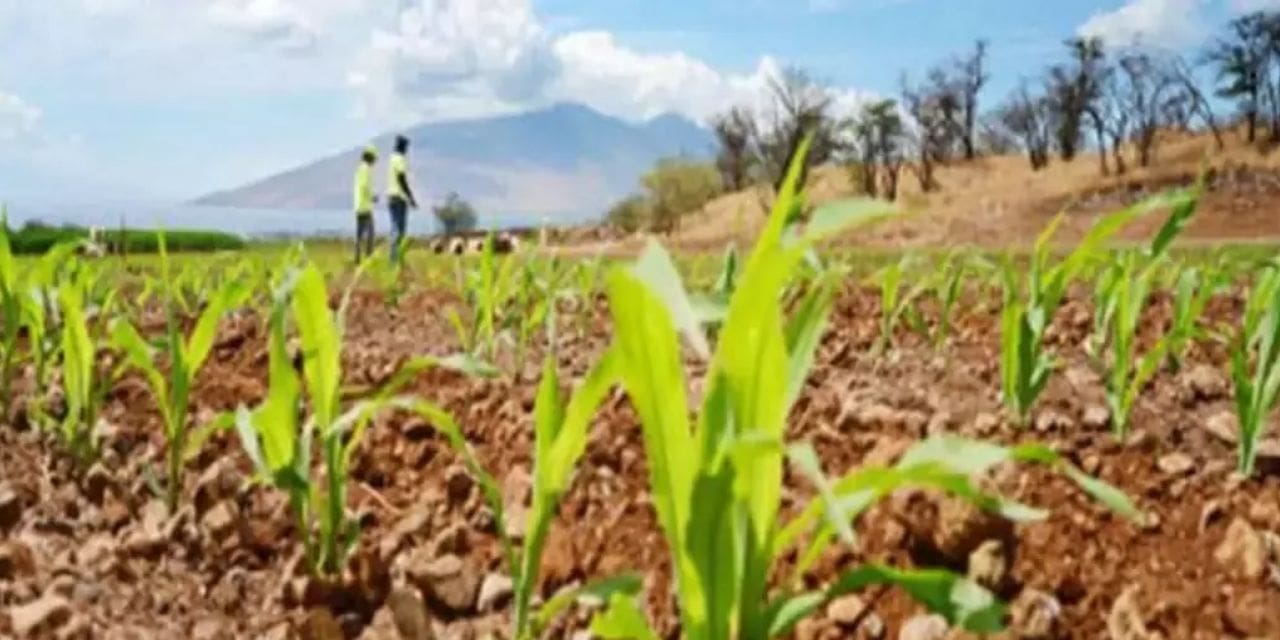The future of genetically modified (GM) crops in India remains uncertain, despite their potential to address pressing agricultural challenges. For nearly two decades since the approval of Bt cotton, GM technology has stagnated, leaving farmers, industries, and the country as a whole grappling with the consequences.
While activists and some critics celebrate the lack of GM crop adoption, the reality for many is far from ideal. Stagnant yields, rising production costs, and a growing dependence on imports have placed significant strain on farmers and related industries. The textile sector, facing cotton shortages, and the poultry feed sector, burdened by high feedstock prices, are among those adversely affected.
The regulatory landscape has been a major obstacle to the progress of GM crops. Safety concerns, corporate control over seeds, and the perceived inefficiency of regulatory bodies have been used to justify opposition to GM technology. These arguments often overshadow the pressing needs of farmers and the potential benefits of GM crops, such as increased yields and reduced reliance on imports.
The GM Mustard hybrid technology, developed by Delhi University with public funding, offers a promising solution to the country’s edible oil import crisis. However, despite years of rigorous evaluation and data generation, its commercialization has been stalled due to ongoing opposition.
To break the stalemate, the government must take decisive action. A streamlined regulatory process is essential, focusing on scientific assessment, the necessity of the technology, and appropriate industrial policy. By separating these elements and ensuring a transparent and efficient evaluation, the government can restore confidence in GM technology and pave the way for its adoption.
The future of GM crops in India hangs in the balance. It is time for the government to prioritise the needs of farmers, industries, and the country as a whole, and take the necessary steps to unlock the potential of this transformative technology.

